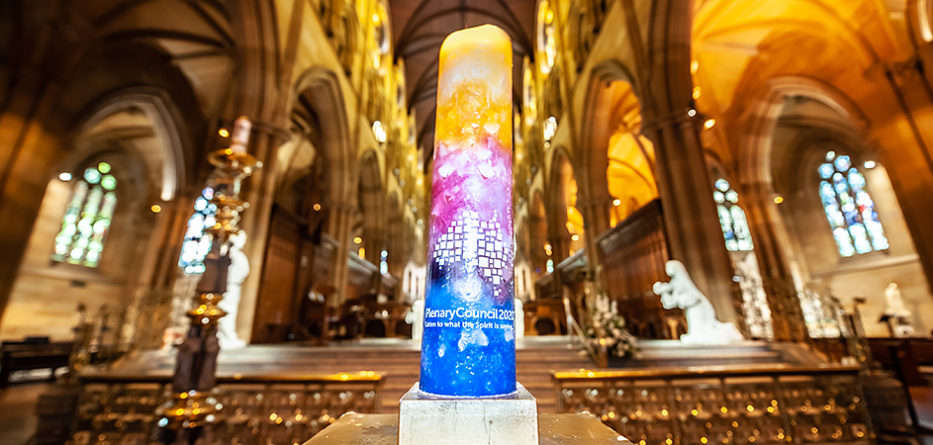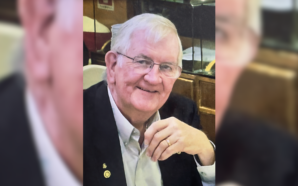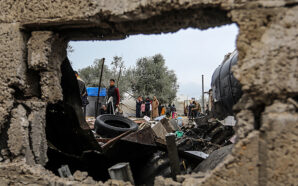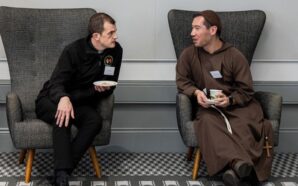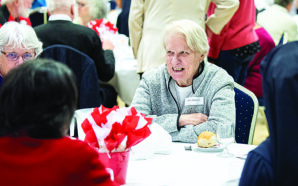The First Assembly of the Fifth Plenary Council of Australia runs from 3 to 10 October
On Sunday 3 October, the Plenary Council of the Australian Catholic Church will assemble for the first time. This is the end of a long process that began three and a half years ago. We now seem to live in a different country, in a different age. Its planning and initial stages began before the bushfires, before coronavirus, before the restrictions and lockdowns that have been part of our daily lives. It was conceived as a process that would bring people together personally in their local churches and finally in large gatherings. Its final stage comes when people cannot gather to celebrate Mass in much of Australia and the members of the Council will meet electronically.
In the face of so much change, it is helpful to remind ourselves of what the Council is about and what we might hope for from it. Pastoral Councils are held from time to time in the Church to discuss issues of national importance for the Church. This is the first to be held in Australia since 1937. Their structure was regulated at a time when it was conceived as a gathering of Bishops, but it takes place when Pope Francis has pressed for Church governance in which all Catholics are involved. In this Council, only Bishops will vote on its decisions, and clergy and Religious form the majority of the Council members. Despite these limitations, the preparations for the Council tried to involve as many Catholics as possible at parish level, in naming the main issues facing the Church today, giving feedback in the preparation of material for the Council discussions. Lay people from each Diocese will be among the members of the Council.
This very complex process began with a very simple question: What do you think God is asking of us in Australia at this time? The question is deliberately broad: it can be asked of the internal life of the Church as it is expressed in our liturgy, teaching, parish and diocesan organisation and decision making. It can also be asked, as Pope Francis has emphasised, about the relationship of the Church to the wider society in our outreach to people who are not Catholic or marginalised by society, and in our contribution to public life and conversation.
At the Council, the members will have the benefit of the feedback from people in its earlier stages. They will be expected to take account not only of what we have said but of the passion with which we have brought to particular issues.
What might we hope that the Council will deliver? Pope Francis has recently spoken much of his own hopes. He is more concerned with good processes than with good conclusions. He does not see the Council as a parliamentary meeting in which positions are debated and decided by vote. He sees them as exercises in listening in which all present are taken beyond their initial convictions. People may continue to differ but they will have recognised deeper truths behind the difference. In this respect, we all will be listening for the voice of the Spirit.
That process puts much emphasis on reflective prayer. This does not mean saying more prayers but making more space for reflection on what people have heard and said and on our own inner response. We do not stop at the point of agreement or disagreement but keep listening to what is being said beyond the words and behind our own instinctive response. The Council relies on a process of listening enriched and purified through prayer.
Over the sessions of the Council, multiple answers to the simple question with which the process began will emerge and be refined. They shall then need to be received by people like us at the grassroots. It is understandable that many people have been sceptical about the Council. It takes a lot of trust in the Holy Spirit to invest effort and to place hope in such a process. But who better to trust?
Fr Andrew Hamilton SJ writes for Jesuit Communications and Jesuit Social Services.




